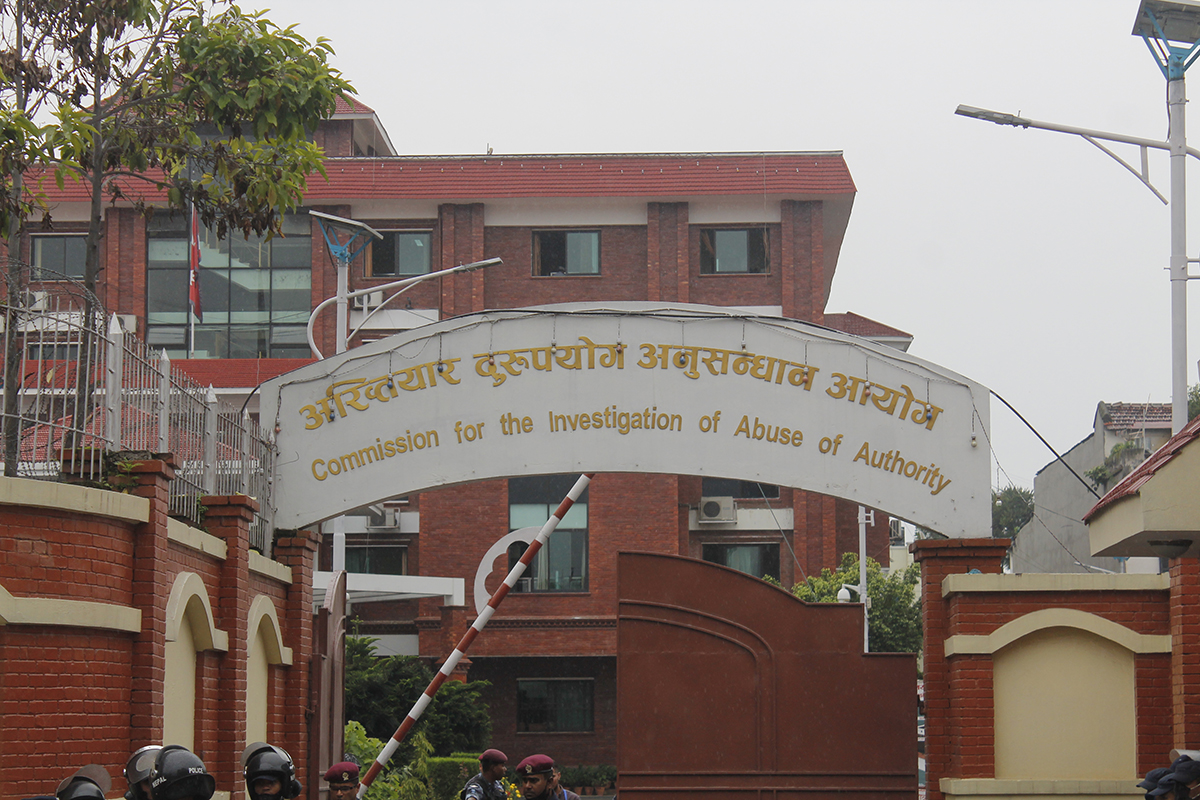HoR: Ruling side sees ‘All Good,’ opposition finds ‘Only Flaws’
While the opposition strongly objected to the government's move to introduce laws through ordinances, the ruling party defended it as a necessary measure.

KATHMANDU: The winter session of Parliament, which began on Friday, witnessed heated debates between the ruling and opposition parties over the government’s ordinances.
While the opposition strongly objected to the government’s move to introduce laws through ordinances, the ruling party defended it as a necessary measure.
Following the conclusion of the previous budget session, the government had issued six ordinances, five of which were introduced just days before the winter session commenced.
Addressing Parliament, Prime Minister KP Sharma Oli stated that amendments to 29 laws had been made through these ordinances to enhance economic reforms, good governance, land and forest management, and financial accountability.
Oli justified the ordinances by citing delays in the legislative process, arguing that waiting months for parliamentary approval would hinder national progress. He also warned that if the government’s bills were not passed on time, alternative measures would be sought to ensure legal reforms.
Ruling Nepali Congress President Sher Bahadur Deuba also backed the ordinances, stating they were essential for economic reforms, improving the business environment, boosting investment, and promoting good governance.
However, CPN (Maoist Centre) senior vice-chair Narayan Kaji Shrestha accused the government of undermining Parliament, calling it an “ordinance session.” He criticized the move, emphasizing that ordinances should not replace the regular legislative process. UML Secretary Yogesh Bhattarai countered, arguing that previous governments had also used ordinances, making the opposition’s criticism baseless.
Rastriya Swatantra Party (RSP) lawmaker Swarnim Wagle asserted that ordinances should remain an exception, not a norm. He suggested that the government could have waited a few days to present the bills in Parliament instead of resorting to ordinances.
The government has tabled six ordinances in both houses of the Federal Parliament: the “Good Governance and Public Service Delivery Ordinance,” “Financial Procedures and Fiscal Responsibility Ordinance,” “Privatization Ordinance,” “Economic and Business Environment Reform Ordinance,” “Cooperative Ordinance,” and “Land Ordinance.”
According to the Parliament Secretariat, upcoming sessions will focus on passing these ordinances.
The next National Assembly meeting is scheduled for Magh 20, while the House of Representatives will convene on Magh 24.










